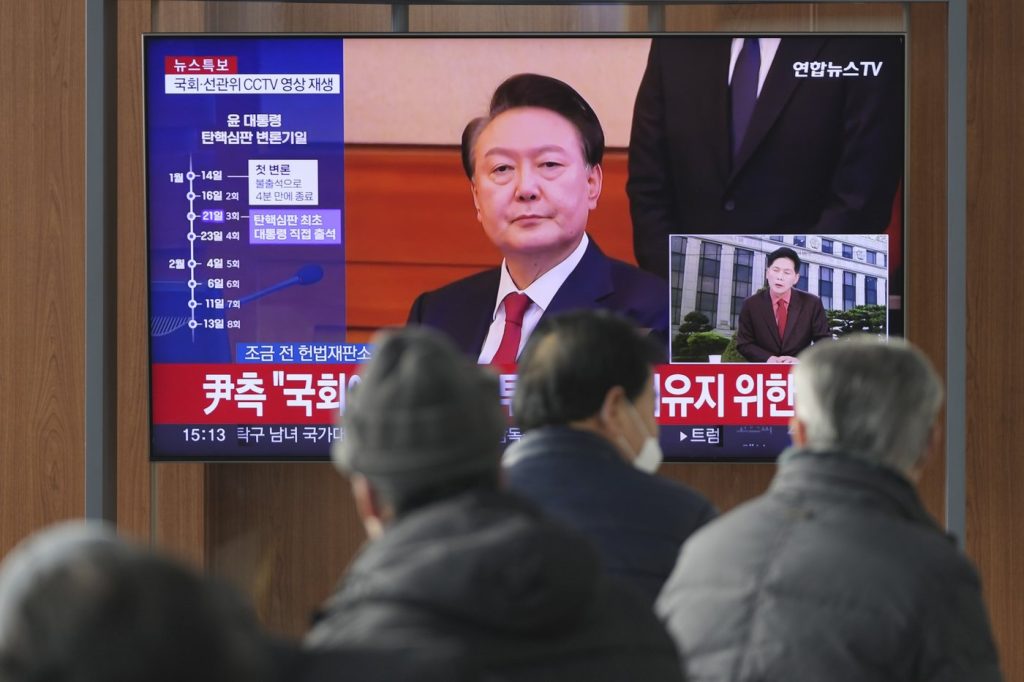SEOUL, South Korea (AP) - Investigators in South Korea have requested the prosecution to indict President Yoon Suk Yeol for his controversial martial law declaration last month. The Corruption Investigation Office for High-Ranking Officials has accused Yoon of rebellion, abuse of power, and obstruction of parliament related to the emergency measures imposed on December 3. The accusations stem from claims that Yoon not only declared martial law but also attempted to undermine the constitution by dispatching troops and police to encircle the National Assembly.
Lee Jae-seung, the deputy chief prosecutor at the CIO, revealed during a televised briefing that Yoon misused his power by mobilizing military forces for what they deemed an illegitimate purpose. He further alleged that Yoon sought to interfere with the legislative process, particularly the parliament's right to vote on the abolition of the martial law. Despite the presence of armed forces, lawmakers succeeded in entering the assembly chamber and unanimously voted to terminate the emergency decree.
Following the vote, the National Assembly proceeded to impeach Yoon, temporarily suspending his presidential powers. The matter is now in the hands of the Constitutional Court, which is deliberating on whether to formally remove Yoon from office or restore his position. Throughout this situation, Yoon has asserted that his actions were meant to caution the opposition-controlled parliament against obstructing his legislative agenda rather than impeding their work.
As the investigation continues, the CIO has been collaborating with police and military authorities and detained Yoon last week. Prosecutor Lee highlighted that Yoon has consistently resisted judicial proceedings relating to the significant charges against him, emphasizing his defiance in face of serious allegations of leading a rebellion.
For weeks, Yoon has avoided questioning from investigators, even employing the presidential security service to thwart initial detention attempts. He has characterized the investigation and his subsequent detention as illegal actions against him. Yoon's defense team criticized the CIO for allegedly infringing on his rights and humiliating him in an attempt to force cooperation. Further, they claimed that Yoon was being denied communication with his family while in custody, and Yoon has invoked his right to remain silent during interrogation sessions.
In a recent appearance at the Constitutional Court, Yoon denied issuing direct orders to use military force against lawmakers to obstruct their voting processes. Military commanders who were deployed to the National Assembly have testified that Yoon did, in fact, command them to forcibly remove legislators. The ramifications of Yoon's martial law proclamation have stirred profound political turmoil, shaken financial markets, and damaged South Korea's international reputation. This incident, along with his defiance and the opposition's efforts to remove him, has exacerbated existing divisions within South Korean society.
The unfolding situation surrounding President Yoon's martial law declaration is making headlines and continues to draw intense public and political scrutiny as the country grapples with the broader implications of his actions.










